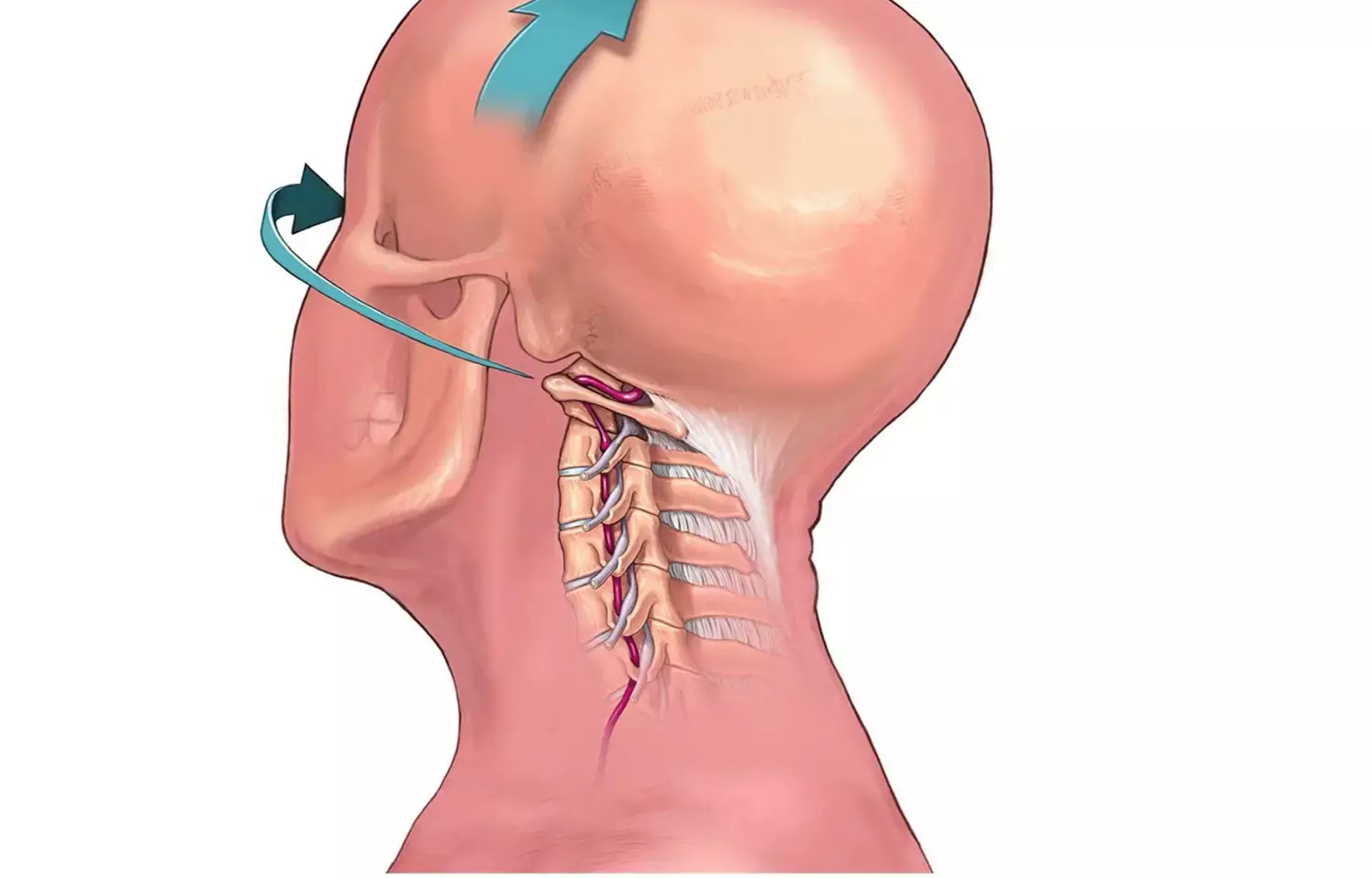- Home
- Medical news & Guidelines
- Anesthesiology
- Cardiology and CTVS
- Critical Care
- Dentistry
- Dermatology
- Diabetes and Endocrinology
- ENT
- Gastroenterology
- Medicine
- Nephrology
- Neurology
- Obstretics-Gynaecology
- Oncology
- Ophthalmology
- Orthopaedics
- Pediatrics-Neonatology
- Psychiatry
- Pulmonology
- Radiology
- Surgery
- Urology
- Laboratory Medicine
- Diet
- Nursing
- Paramedical
- Physiotherapy
- Health news
- Fact Check
- Bone Health Fact Check
- Brain Health Fact Check
- Cancer Related Fact Check
- Child Care Fact Check
- Dental and oral health fact check
- Diabetes and metabolic health fact check
- Diet and Nutrition Fact Check
- Eye and ENT Care Fact Check
- Fitness fact check
- Gut health fact check
- Heart health fact check
- Kidney health fact check
- Medical education fact check
- Men's health fact check
- Respiratory fact check
- Skin and hair care fact check
- Vaccine and Immunization fact check
- Women's health fact check
- AYUSH
- State News
- Andaman and Nicobar Islands
- Andhra Pradesh
- Arunachal Pradesh
- Assam
- Bihar
- Chandigarh
- Chattisgarh
- Dadra and Nagar Haveli
- Daman and Diu
- Delhi
- Goa
- Gujarat
- Haryana
- Himachal Pradesh
- Jammu & Kashmir
- Jharkhand
- Karnataka
- Kerala
- Ladakh
- Lakshadweep
- Madhya Pradesh
- Maharashtra
- Manipur
- Meghalaya
- Mizoram
- Nagaland
- Odisha
- Puducherry
- Punjab
- Rajasthan
- Sikkim
- Tamil Nadu
- Telangana
- Tripura
- Uttar Pradesh
- Uttrakhand
- West Bengal
- Medical Education
- Industry
Aspirin not to be preferred over vitamin K antagonists for cervical artery dissection: Study

Switzerland: Aspirin is not non-inferior to vitamin K antagonists for the treatment of cervical artery dissection -- a major cause of stroke among young people aged below 50 years, finds a recent study in the journal Lancet Neurology.
For the treatment of cervical artery dissection, clinicians have preferred the use of oral anticoagulation with vitamin K antagonists. However, based on available evidence from mostly observational studies, some current guidelines have suggested the use of aspirin. If proven to be non-inferior to vitamin K antagonists, aspirin might be preferable, due to its ease of use and lower cost. Prof Stefan T Engelter, University Hospital Basel and University of Basel, Basel, Switzerland, and colleagues, therefore, aimed to test the non-inferiority of aspirin to vitamin K antagonists in patients with cervical artery dissection.
For this purpose, the researchers performed a multicentre, randomized, open-label, non-inferiority trial in ten stroke centres across Switzerland, Germany, and Denmark. It included 194 patients aged older than 18 years who had symptomatic, MRI-verified, cervical artery dissection within 2 weeks before enrolment. They were randomly assigned in the ratio of 1:1 to receive either aspirin 300 mg once daily (n=100) or a vitamin K antagonist (n=94) (phenprocoumon, acenocoumarol, or warfarin; target international normalized ratio [INR] 2·0–3·0) for 90 days.
The primary endpoint was a composite of clinical outcomes (stroke, major hemorrhage, or death) and MRI outcomes (new ischaemic or hemorrhagic brain lesions) in the per-protocol population, assessed at 14 days (clinical and MRI outcomes) and 90 days (clinical outcomes only) after commencing treatment.
Key findings of the study include:
- The per-protocol population included 173 patients; 91 (53%) in the aspirin group and 82 (47%) in the vitamin K antagonist group.
- The primary endpoint occurred in 21 (23%) of 91 patients in the aspirin group and in 12 (15%) of 82 patients in the vitamin K antagonist group (absolute difference 8%). Thus, non-inferiority of aspirin was not shown.
- Seven patients (8%) in the aspirin group and none in the vitamin K antagonist group had ischaemic strokes. One patient (1%) in the vitamin K antagonist group and none in the aspirin group had major extracranial haemorrhage.
- There were no deaths.
- Subclinical MRI outcomes were recorded in 14 patients (15%) in the aspirin group and in 11 patients (13%) in the vitamin K antagonist group.
- There were 19 adverse events in the aspirin group, and 26 in the vitamin K antagonist group.
"Our findings did not show that aspirin was non-inferior to vitamin K antagonists in the treatment of cervical artery dissection," concluded the authors.
Reference:
The study titled, "Aspirin versus anticoagulation in cervical artery dissection (TREAT-CAD): an open-label, randomised, non-inferiority trial," is published in the journal Lancet Neurology.
DOI: https://www.thelancet.com/journals/laneur/article/PIIS1474-4422(21)00044-2/fulltext
Dr Kamal Kant Kohli-MBBS, DTCD- a chest specialist with more than 30 years of practice and a flair for writing clinical articles, Dr Kamal Kant Kohli joined Medical Dialogues as a Chief Editor of Medical News. Besides writing articles, as an editor, he proofreads and verifies all the medical content published on Medical Dialogues including those coming from journals, studies,medical conferences,guidelines etc. Email: drkohli@medicaldialogues.in. Contact no. 011-43720751


